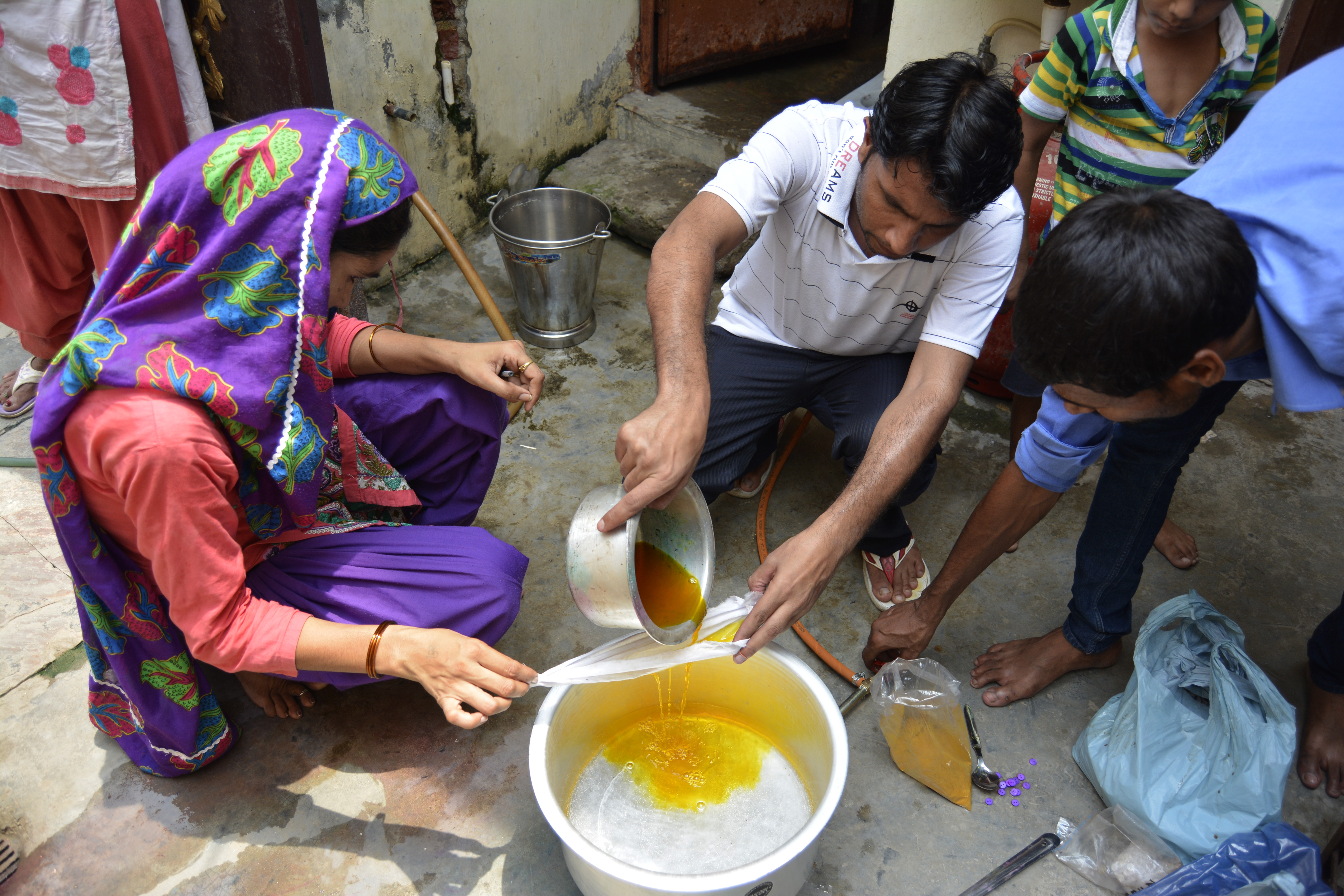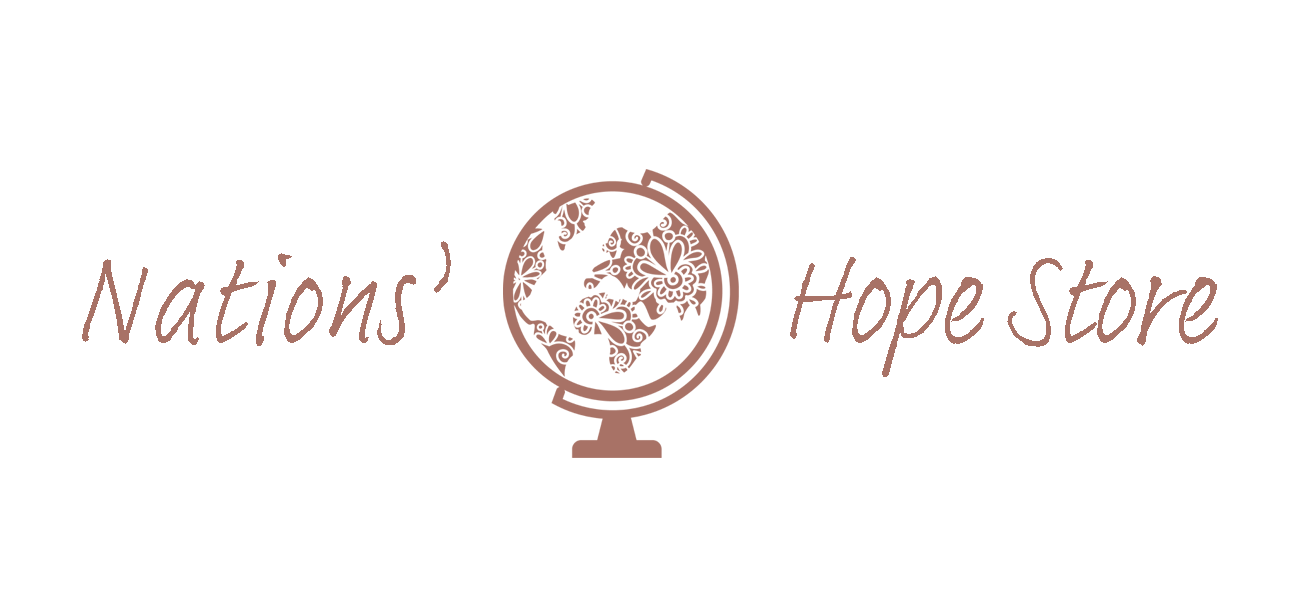Name: Sonam Chandila
Age: 30

Sonam is married and has 3 children ages 11, 10, & 6. The 2 older are boys and youngest is a girl. She lives in Fatepuhr Chandila in the home with her in-laws (parents and siblings) and they have a lot of debts to pay off. None of them have jobs and are in a very difficult living situation. Her husband attempted to open a grocery store before but it did not work out. They rent rooms in their home and that is their only source of income. The women are not allowed to go outside the home and work, but would be allowed to work from the home. When she is around other men, her husband requires her to cover her face.
Sonam has a 12th grade education. Can read and write Hindi. She and her husband Arun used the money that Sonam earned working for GPPD to start up their own micro business dyeing cloth.
It is often said, “If you feed a man a fish, you can feed him for a day, but if you teach a man how to fish, you feed him for a lifetime.”
We look for avenues to equip women and men in poverty with the opportunity to start a business of their own that can help them provide fortheir basic needs of food, shelter, and education for their families for a lifetime.
Their businesses also invest into large projects we are doing in their communities and throughout the world.
In 2012 we launched our first sewing microbusiness training, teaching 21 impoverished women how to start a sewing business of their own. Through donations from Proceeds for Poverty and other one-time gifts, we buy a sewing machine and iron for each trainee.
We train them in simple business principles and sewing skills that will help them begin a seamstress business in their communities and villages.
We also train them to make products for GPPD that we will give away for a donation. Once they earn a portion of the cost of their machines by making a few products for us, we then pay them for each additional product they make.
The proceeds we receive from any donations for the products go toward a larger project to help people in poor communities throughout the world, a fee for labor, shipping the product (if neccesary) and the cost of the materials.
